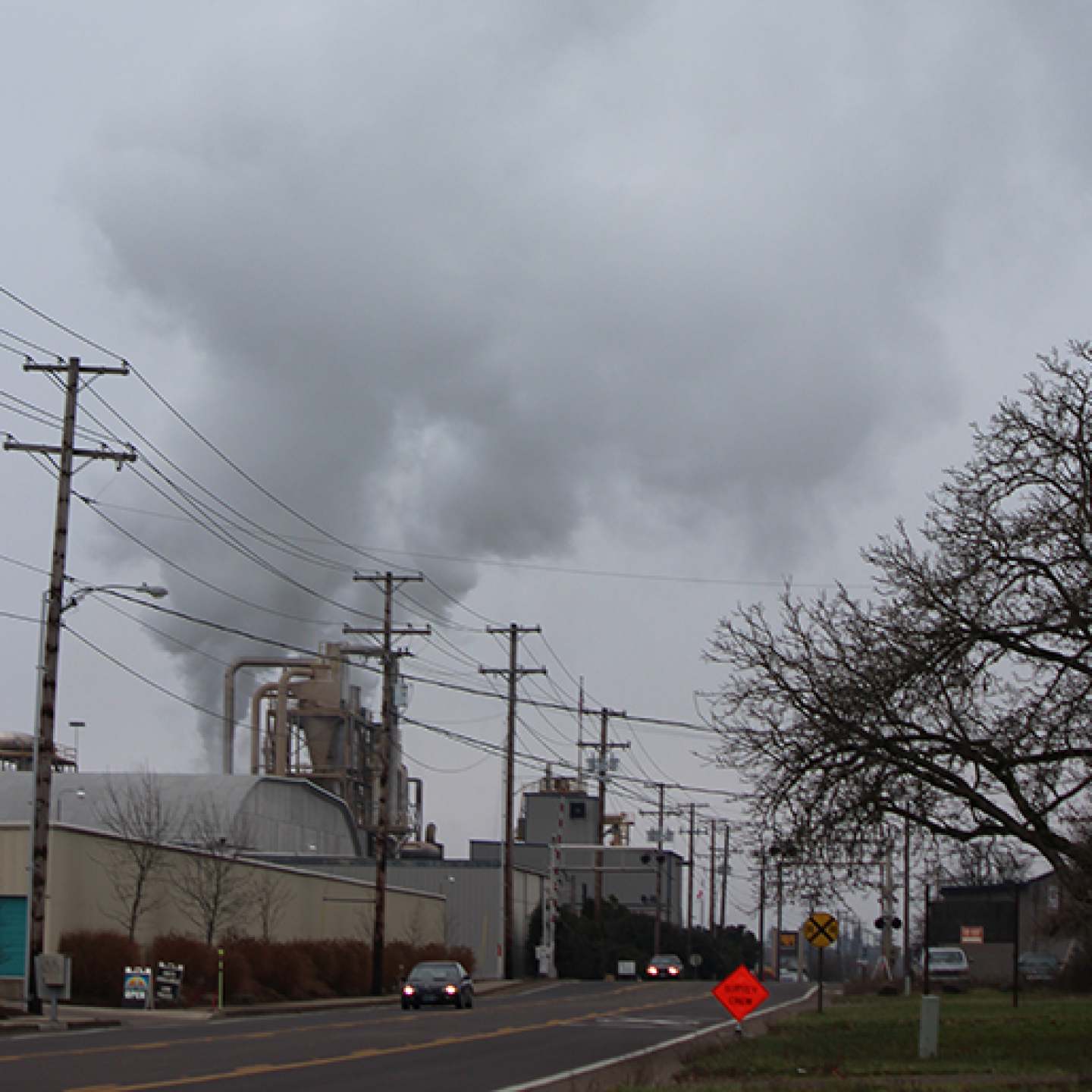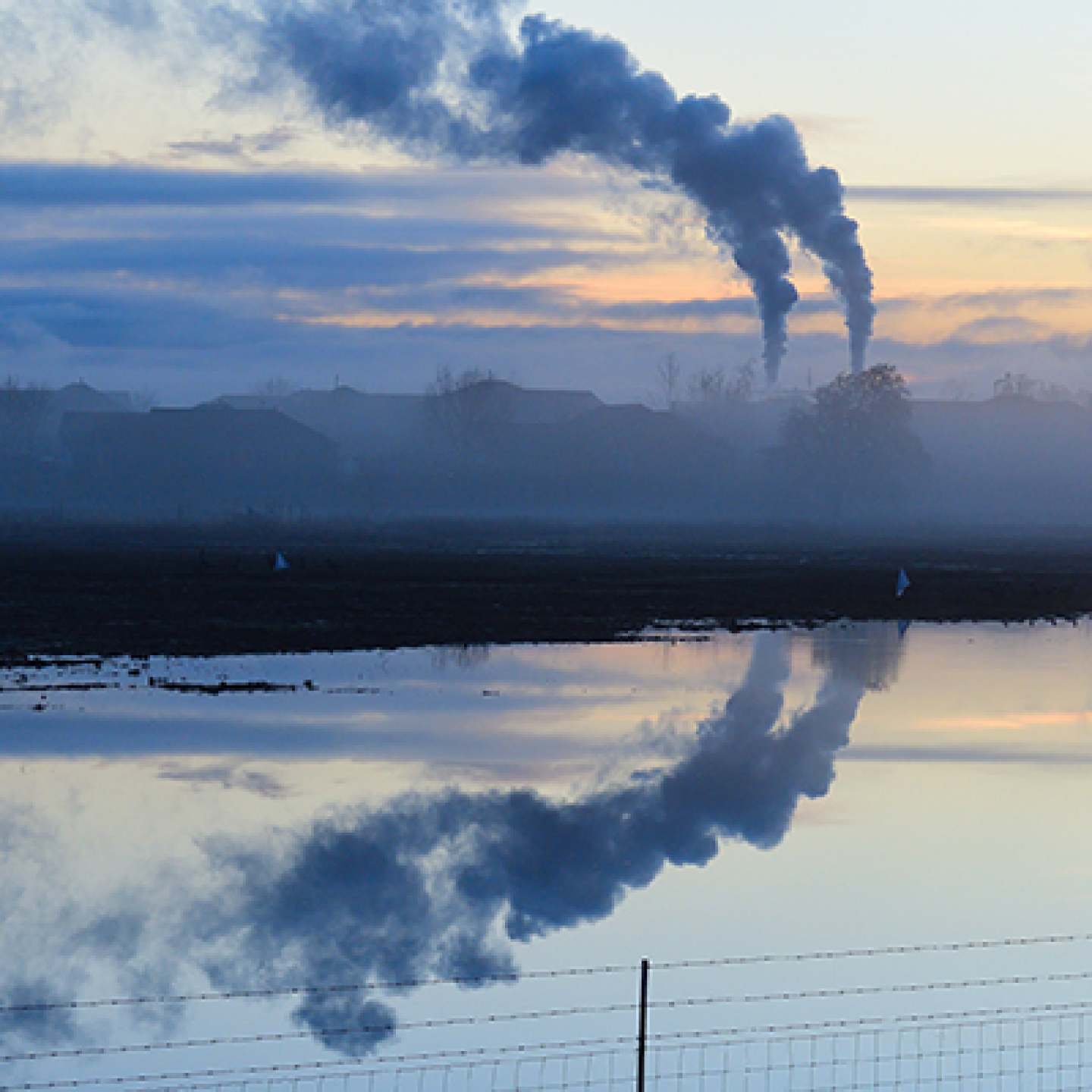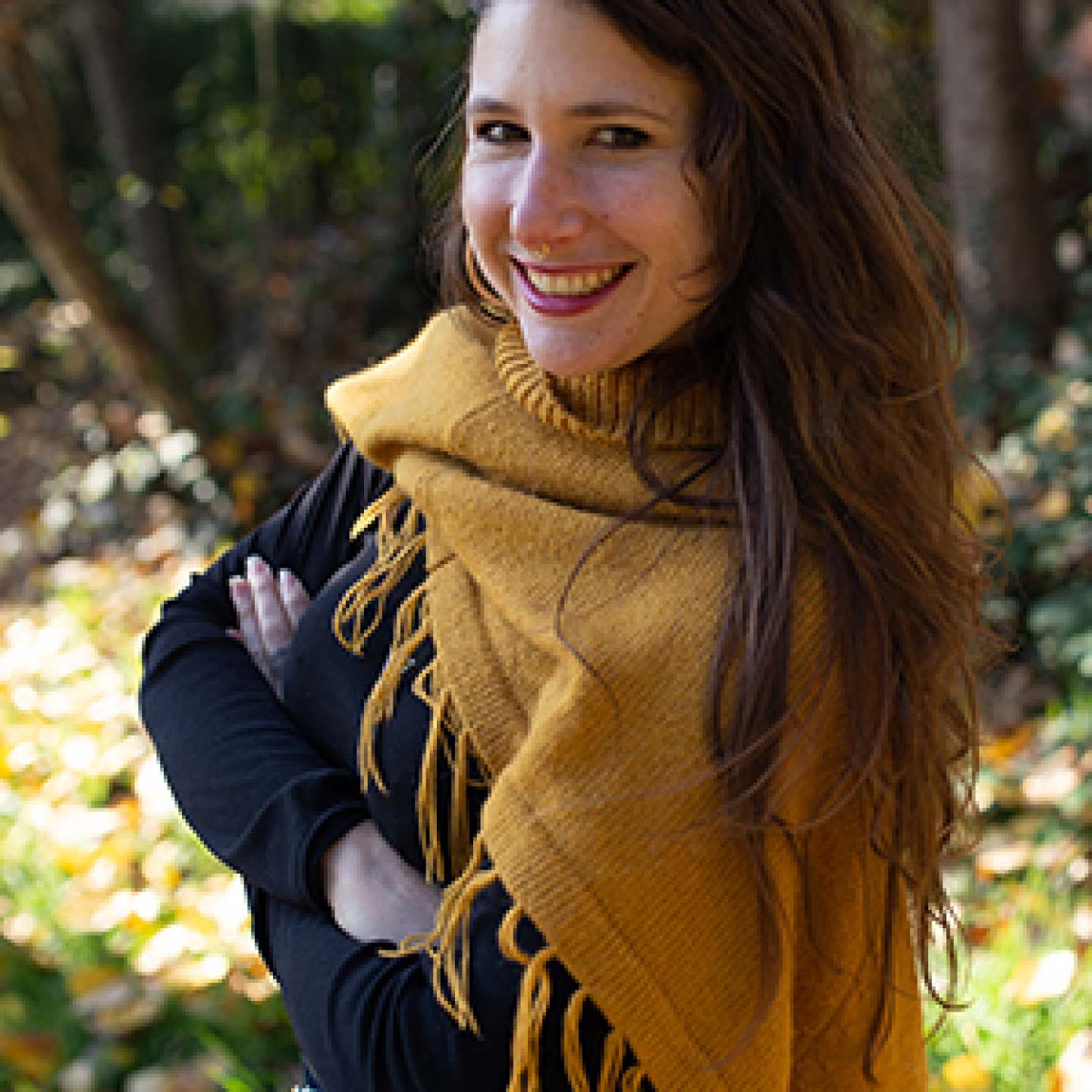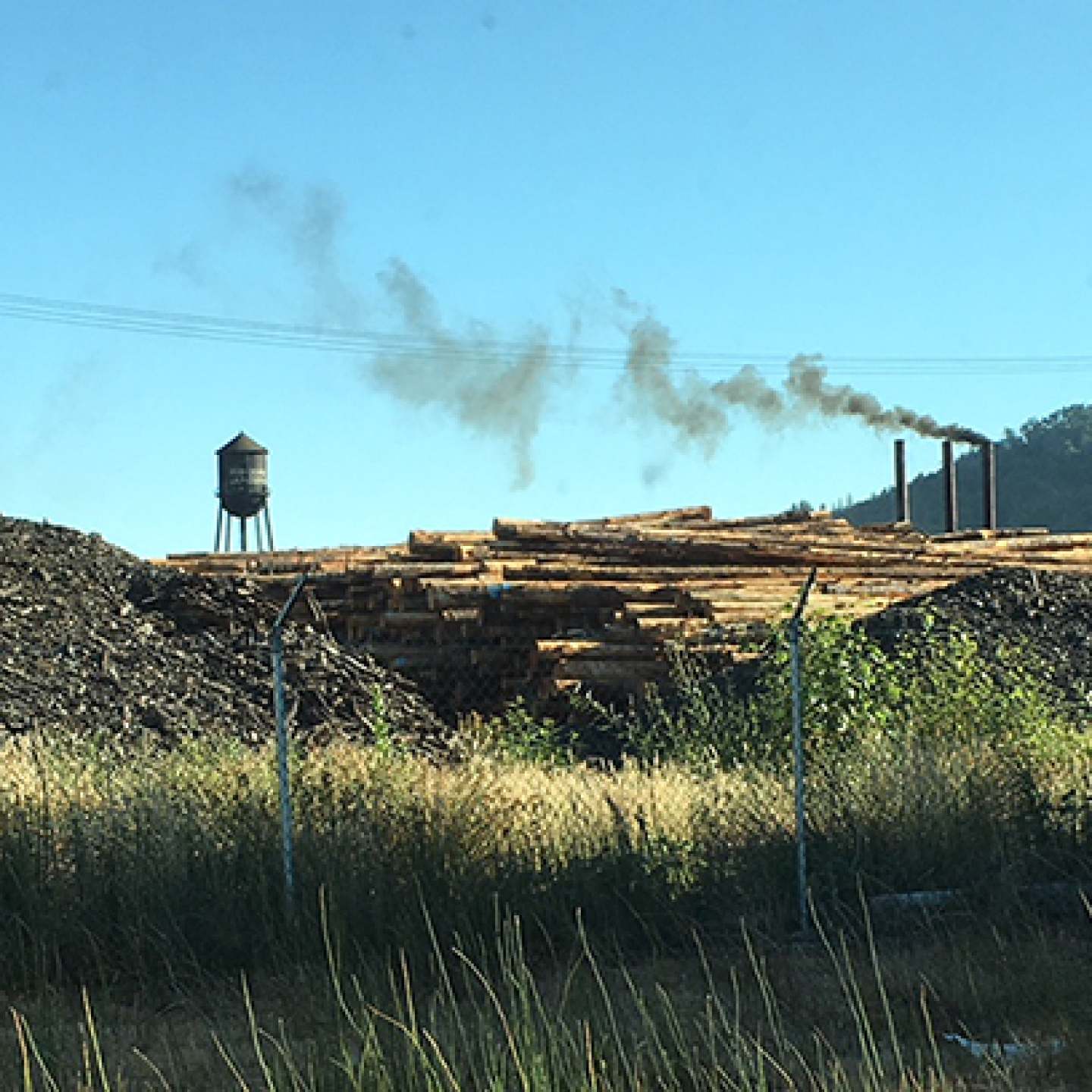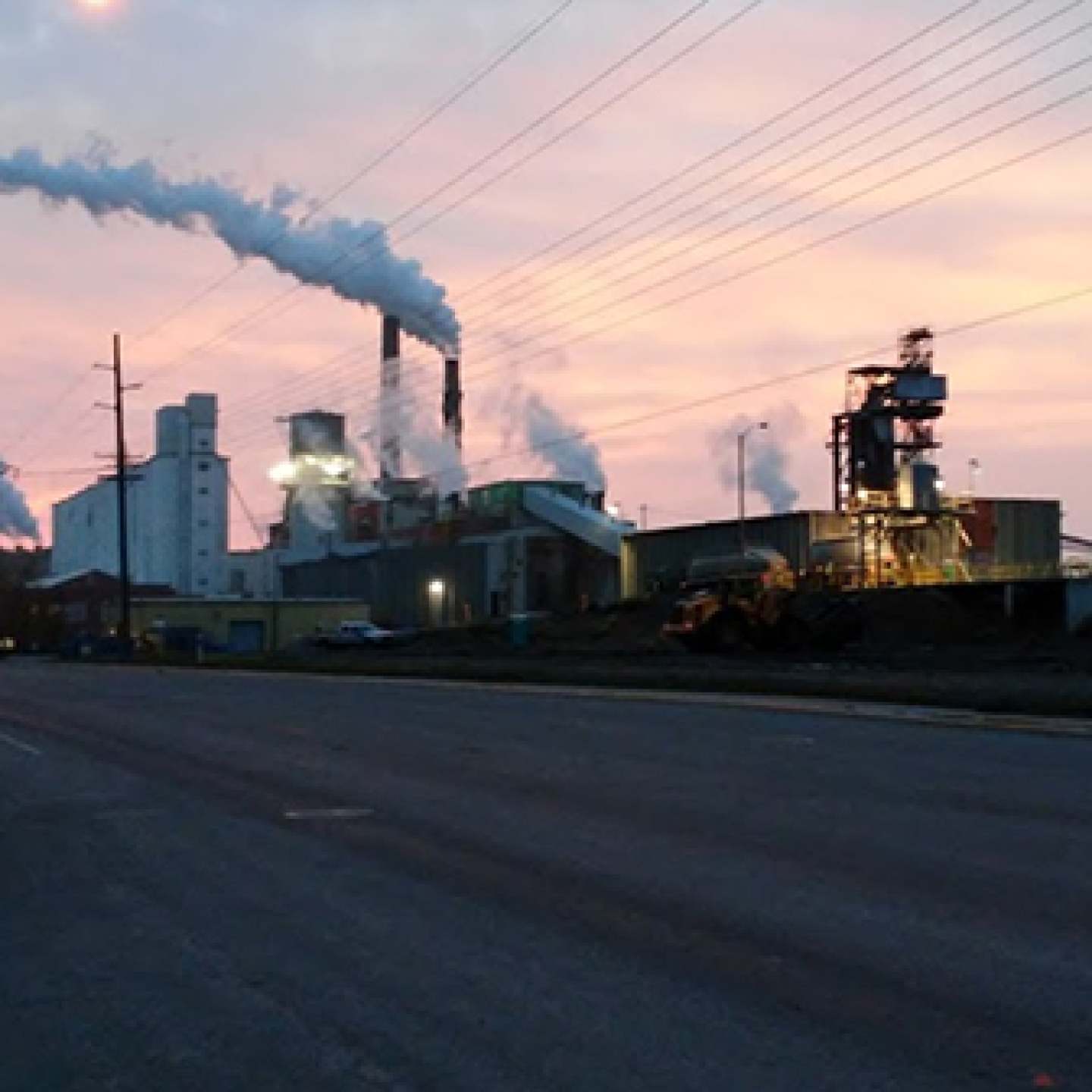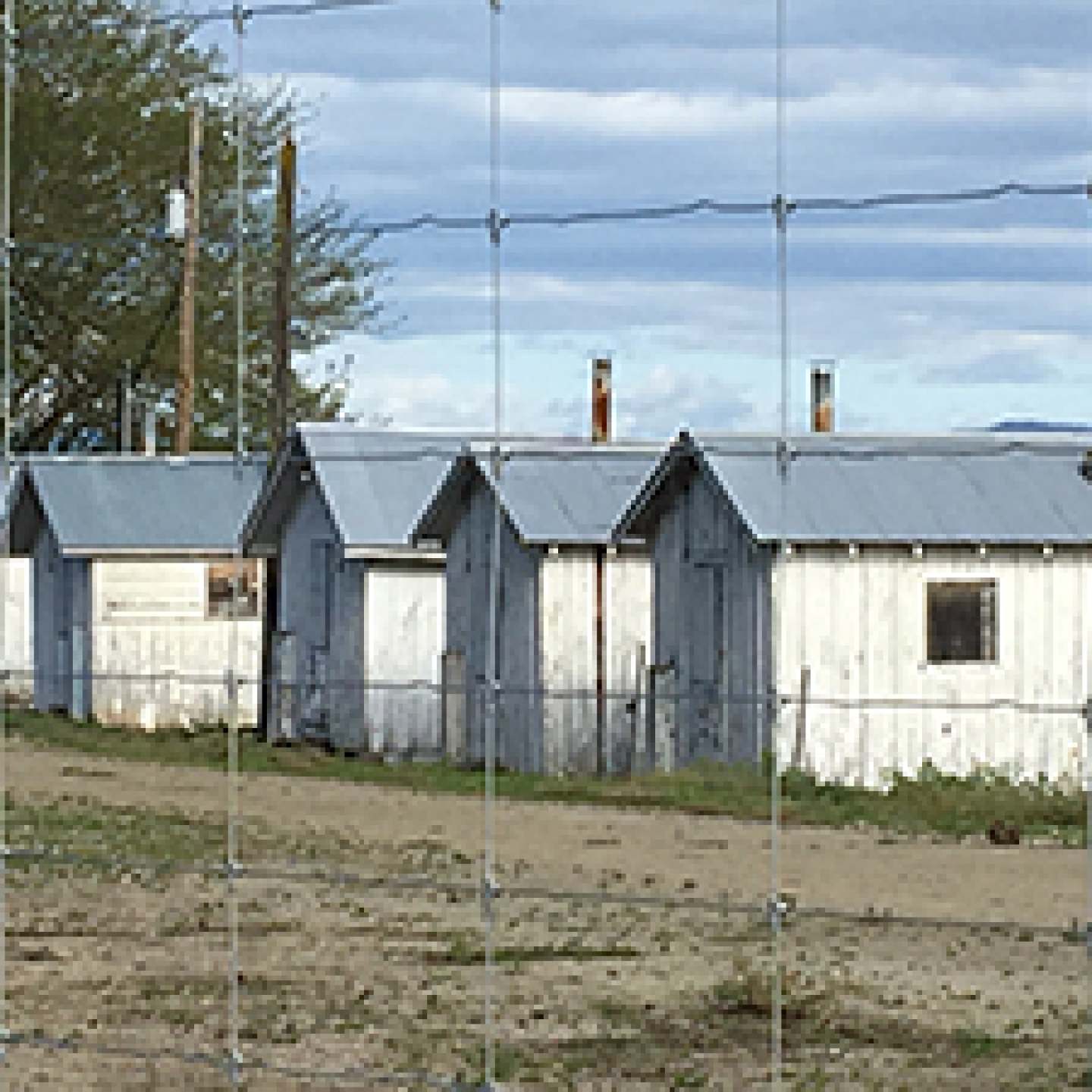Hello, my name is Kylen Tromblay and I’m an Oregon State University intern at Beyond Toxics this summer. I just finished the first year of my Master of Public Health program specializing in Environmental and Occupational Health. I am passionate about creating a world where everyone can live, work, and play in a clean and safe environment. Having spent the past four summers working with children at a day camp in my hometown of Newberg, Oregon, I get to see the world through their eyes. Seeing how excited the kids are about their own future pushes me to work towards leaving them a healthy Earth.
First Foods for Spring
Food is our medicine. Foods not only provide nourishment for our body, they also nourish us emotionally and spiritually. Whether it be root foraging, harvesting wild fruits and nuts, procuring plant fibers for basket weaving, fishing, hunting, or gardening, these practices bond our spirit with the earth and make us feel whole. These practices also keep us connected as families by continuing traditions imperative for our health, livelihoods, and cultural survival.
COVID-19 virus reveals that environmental justice is a public health issue
The pandemic of COVID-19 exposed the truth of environmental injustices. People of color have more underlying and serious health conditions, including heart disease, respiratory diseases such as asthma or chronic bronchitis and diabetes. Exacerbating these health vulnerabilities is inequitable access to adequate health care coverage and discrimination when seeking medical treatments. While age is certainly a risk factor, it turns out the biggest determinants of whether a person might die from contracting the virus is living near air pollution emitters and being African American.
Free to breathe and thrive
I am passionate about the Earth just as I am passionate for humanity. In my eyes and the eyes of many walking alongside me, there is no difference. My vision is for all Oregonians to live in a thriving landscape wherein we may drink pure, clean water and breathe clear air and be nourished from living soils. I speak out for an Oregon that respects our environment in order to respect the health of our own human community.
A right to clean air
Do you wonder how polluted the air you are breathing is? The fact is, the quality of our local air is a critical factor in our health. Sadly, air pollutants commonly found in Eugene-Springfield’s air are known to cause serious harm to public health.
STORIES FROM THE FIELD: Public comment needed to protect children from air toxics
I wanted to share my story with you with the hope that it will inspire you to take action. I have lived in the Eugene area for over 15 years. My grandparents moved here in 1980 and bought a beautiful farm just outside of Cottage Grove. As an environmental justice organizer for Beyond Toxics I have great concerns about the air quality in our state and the effect it has on children.
Earth Week reminds us to fight for environmental justice
This year’s Earth Week celebration offered a twist on the usual flower plantings and electric car demonstrations through a focus on community health and environmental justice.
The first Earth Day celebration in 1970 represented a turning point for environmental awareness and advocacy. That special day followed the passage of the National Environmental Protection Act on Jan. 1, 1970, under the Nixon administration. National leaders were deeply influenced by the heightened public concern about environmental pollution spurred by Rachel Carson’s book “Silent Spring.” Their first steps toward environmental advocacy included the Clean Water Act and the Clean Air Act.
Oregon Farm Workers Are Fighting for Their Lives
I remember, and you might too, feeling virtuous when my family took part in the California grape boycott in the 1970s. I was only a teenager, but to me it meant that I was standing in solidarity with farm workers. I felt a bond, although I’d never met a farm worker as far as I knew.
My small action, combined with the similar ethical choices of millions of others, helped farm workers position themselves to win. And what did they win? What they asked for were basic human rights: safer working conditions, less pesticide exposure, habitable housing and better wages.
Farm Worker Rights in the Age of Trump
Oregon has over 300 registered farm worker housing camps and another 200 unregistered camps. Most of these camps are located within orchards and fields that are regularly sprayed with pesticides that are human carcinogens and neurotoxins. To protect farm workers, the federal law requires a minimum 100-ft. no-spray buffer around farm worker housing. You may be surprised and dismayed to learn that Oregon’s worker protection agency, the Occupational Health and Safety Administration (OSHA), wants to give Oregon farmers “a pass” on following the 100-ft pesticide buffer regulation.
